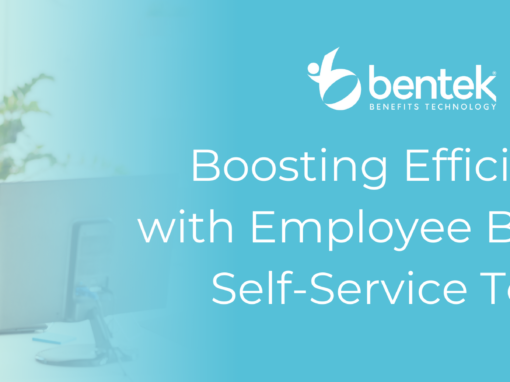As a Human Resources professional, you work tirelessly to support your employees and colleagues, but how much effort do you put into taking better care of yourself? Managing stress levels is essential for everyone, especially those in HR who experience high levels of stress due to the demands of the job.
Setting aside time for ourselves can be difficult, but it is critical to maintain balance for our well-being to better help those around us. Here are some tips designed specifically for HR professionals, like you, to better manage your mental health.
Prioritize Self-Care:
Self-care is a topic we see pop up frequently when discussing mental well-being. Self-care has become increasingly popular in today’s society and is a critical element in managing stress.
HR professionals should look for opportunities to prioritize their physical and mental health including getting enough sleep, engaging in physical activities regularly, and eating a healthy diet. Other forms of self-care include regular massages, practicing yoga, meditation, walking, and running just to name a few.
Just like anything new, getting started can be the hardest part. For help with establishing a self-care routine that works for YOU, read this article from Everyday Health.
Set Boundaries:
So many of us join the field of Human Resources because of our love for helping people. Yet we often experience great difficulties creating boundaries between us, our employees, our colleagues, and our leaders.
HR professionals need to set healthy boundaries around their work responsibilities and avoid taking on too much. Learning to say “no” and delegating tasks can help reduce stress levels. This is just one example of how boundaries can help you prioritize yourself. For more information on ways to establish boundaries, check out this resource from BetterUp.
Seek Support:
Human Resources is the place a lot of people turn to when they are looking for support in the workplace, but where do you go when you need help? It’s important for HR professionals to have a support system that they can turn to when they are feeling stressed and overwhelmed. Support comes in a variety of ways and is unique to each of us. A support system could include friends, family, colleagues, or a therapist.
You can read through this resource from Mental Health America for additional information on where to find support.
Take Breaks:
If you are like a lot of us, taking breaks is something we put off until we finish our To-Do list. We repeat this cycle and before we know it, the end of the day has come, and we are left feeling exhausted.
Taking regular breaks throughout the day can help you recharge and manage stress levels. Taking a walk, having lunch away from your desk, meeting up with a friend for lunch outside the office, or stepping outside for some fresh air can make all the difference.
Put this into practice by blocking time on your calendar to remind yourself to take a break and then do it! You will thank yourself afterward.
Practice Time Management:
Has there ever been a time when you get tasked with a project that is due months out? You think to yourself, “I have plenty of time to get this done,” and put off working on it until the week it needs to be delivered.
Did you feel a physical reaction reading through this? Because I did. Unfortunately, this happens more often than we’d like to admit. To avoid the stress that comes with putting off our work, try to prioritize work responsibilities and avoid procrastination. This can help reduce the feeling of being overwhelmed and increase feelings of control over their workload.
For assistance with time management, consider adopting a These tools can help provide clarity to everyone regarding what is being worked on and projects that are upcoming.
Need help picking out a project management tool? Then check out this article from The Digital Project Manager.
Some of these tips may seem obvious when reading, but it is amazing how often we don’t practice them. When we feel ourselves getting worked up and over-stressed at work, think about this article and which topics you could implement to alleviate your tension.
For more articles like this one, check out the Bentek Blog!




